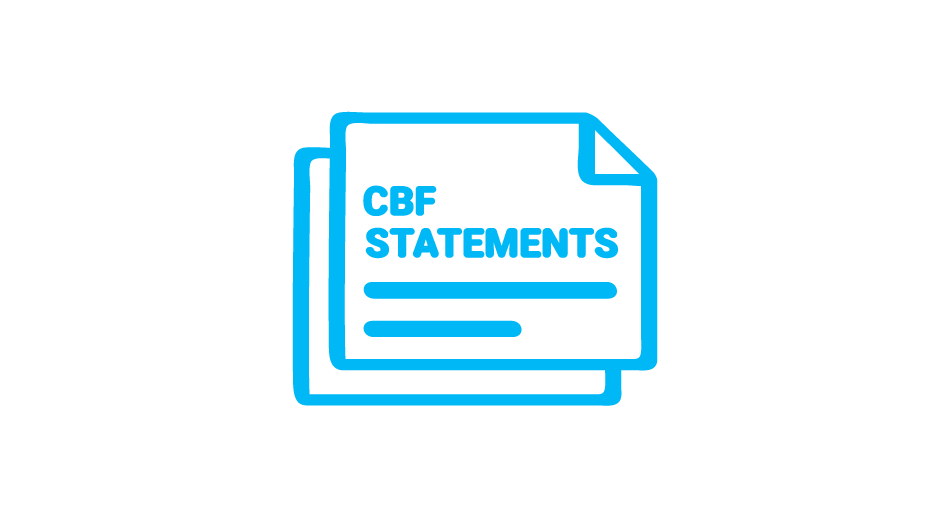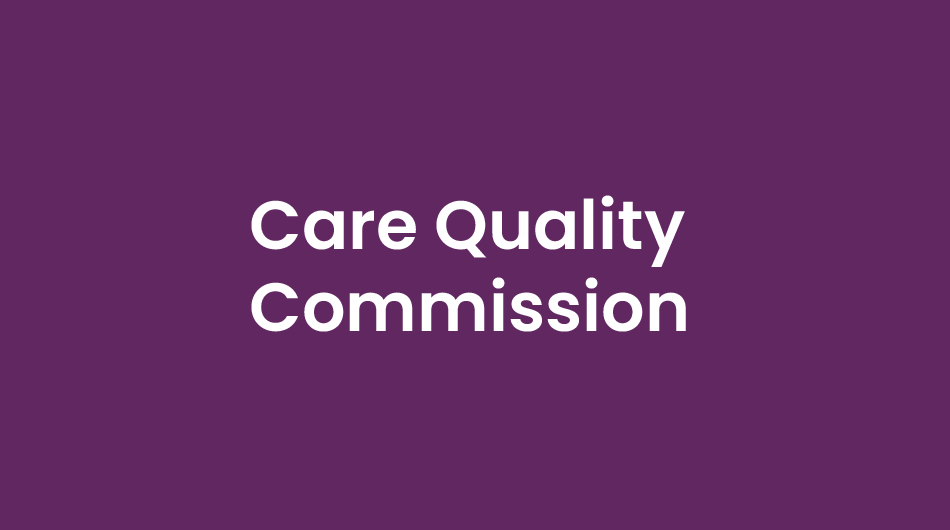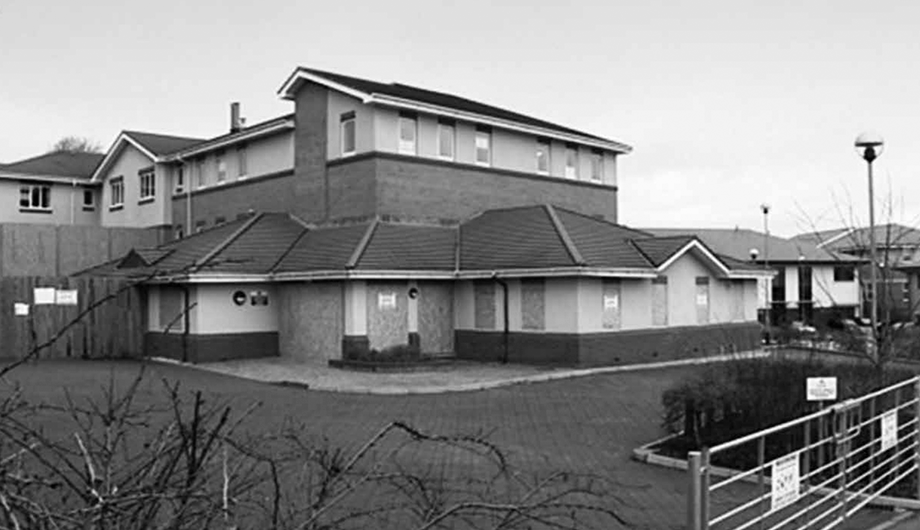
CQC Releases Independent Review into Whorlton Hall by Prof. Glynis Murphy
CQC published its independent review into the regulation of Whorlton Hall between 2015 and 2019

The CQC published the second phase of the independent review into regulation of Whorlton Hall, undertaken by clinical psychologist, Professor Glynis Murphy.
View: CQC publishes second part of independent review into its regulation of Whorlton Hall
Today (15th December 2020) the CQC published the second phase of the independent review into regulation of Whorlton Hall, undertaken by clinical psychologist, Professor Glynis Murphy.
This report includes a systematic review of the international research evidence in relation to the detection and prevention of abuse in services. The report also reflects on progress towards the recommendations made in the first phase of the independent review.
In addition to the recommendations above, this report also builds on recommendations made in phase 1 of the review (published in March 2020) to ensure they continue to be implemented.
The CBF supports Glynis Murphy’s recommendations, including that the new registration guide Right Support, Right Care, Right Culture is implemented. We share her serious concern regarding the proposed new 40 bed unit for people with learning disabilities to be run by Merseycare which does not seem to fit the guidance.
It is well known that it is in large inpatient settings that there is a greater likelihood of the use of restraint, over-medication, seclusion and abuse.
The CQC must accept all the recommendations in this review and ensure they are implemented effectively and in a timely manner to ensure children, young people and adults with learning disabilities receive the right care at the right time and in the right place.
All parts of the system (education, health and social care) need to work efficiently and in a co-ordinated way to deliver high quality appropriate support for children and adults with learning disabilities and/ or autism. The Transforming Care programme was meant to make this happen- but progress has been too slow and patchy, and the abuse uncovered by the media at Whorlton Hall is a consequence of that. The CQC has an opportunity to play an important leadership role in driving forward change to ensure that individuals are not harmed by the services that are meant to be in place to support them.
This report and its recommendations follow phase 1 of the review which was published in March 2020.
View: CQC publishes second part of independent review into its regulation of Whorlton Hall

CQC published its independent review into the regulation of Whorlton Hall between 2015 and 2019

For families worried about their relative’s care, see our webpage for information and where to go for support.

Looking back and we are still waiting for care to be transformed
If you support someone with a severe learning disability whose behaviour challenges you can contact us on: 0300 666 0126 or email us at: support@thecbf.org.uk